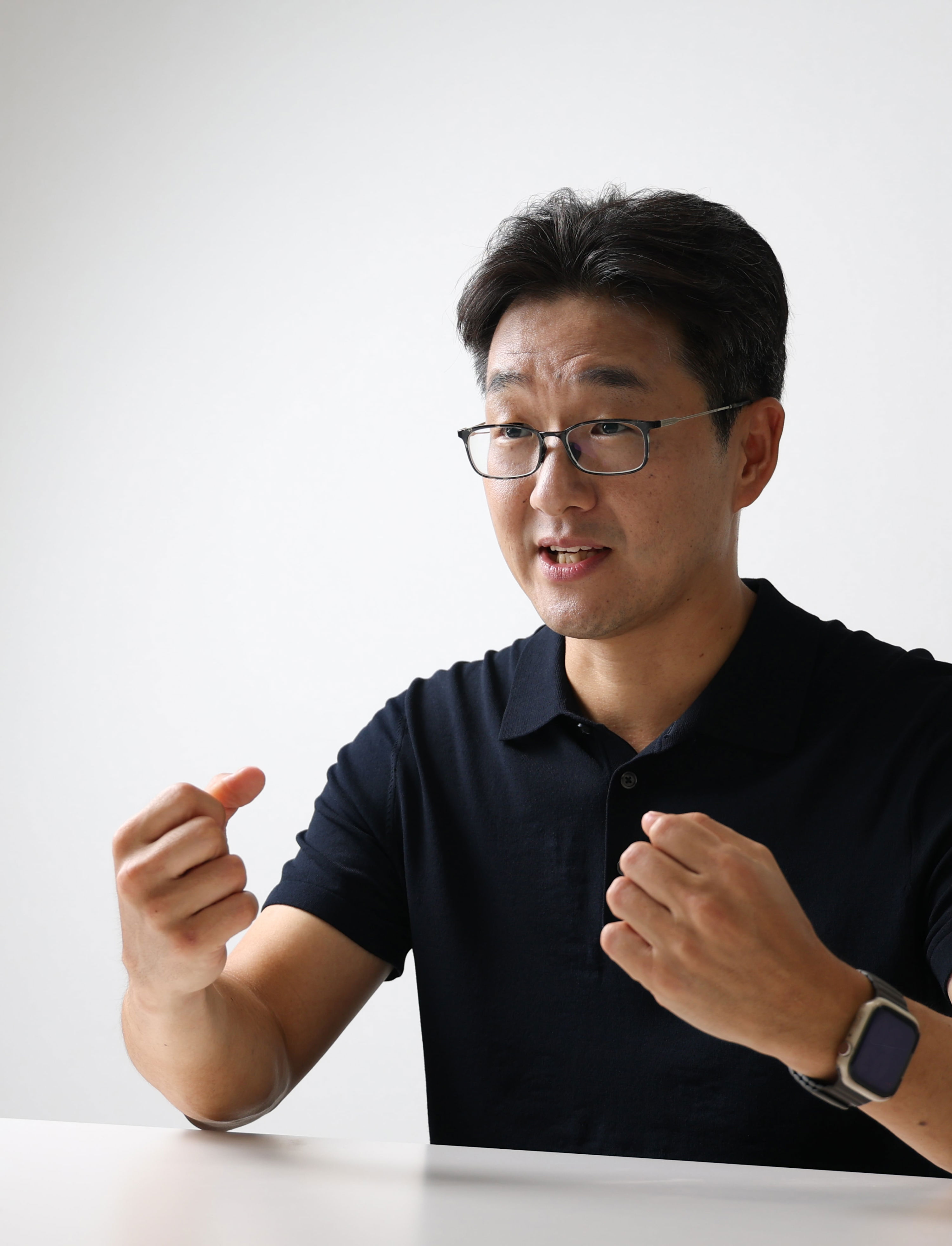
A Vision for Korea's Higher Education: Building Excellence, Not Replication
Professor Lim Woo-young, set to take the helm of the economics department at the Hong Kong University of Science and Technology (HKUST) this August, has raised critical questions about the feasibility of creating multiple top-tier universities in South Korea. His perspective challenges the notion that simply replicating the existing model of Seoul National University (SNU) will lead to meaningful progress.
The Flaws in the Current Model
Lim highlights that even SNU, often regarded as the pinnacle of South Korean higher education, faces significant internal challenges. One major issue is its rigid seniority-based pay system, which fails to attract and retain top academic talent. This outdated structure, combined with a lack of incentives tied to research performance, has led to a brain drain within the institution.
“Even SNU is struggling to keep its faculty,” Lim explains. “If it can’t maintain its own talent, how can ten more of the same model attract top academics?” His concerns are not unfounded. In May, Lim successfully lured two prominent economics professors from SNU to join HKUST, showcasing the stark contrast in resources and opportunities available at international institutions.
Salary Disparities and Institutional Stagnation
At HKUST, full professors earn roughly three times what their counterparts at SNU make. Annual salaries at SNU hover around 120 million won (approximately $87,000), while tuition fees have remained frozen for over 15 years. This stagnation in funding and compensation has created a challenging environment for attracting and retaining high-caliber academics.
Lim emphasizes that without substantial reforms, SNU’s decline on the global stage is inevitable. “It’s losing talent, and will continue to fall behind unless there’s a fundamental change,” he states.
Government Initiatives and Their Limitations
The South Korean government has proposed elevating nine regional national universities to the level of SNU by injecting more funding. The goal is to reduce the concentration of talent in Seoul and promote balanced regional development. However, many of these institutions still operate under an outdated “department store” model, offering a broad range of programs without a clear focus or competitive edge.
Critics warn that without structural reforms, increased funding could result in wasted resources rather than meaningful improvements. There is a growing concern that efforts to equalize educational quality across regions might lead to a general decline in standards, unless accompanied by innovation and investment in cutting-edge research.
The Need for Global Competitiveness
Lim argues that what South Korea urgently needs is a globally competitive university—one that can rival the best institutions worldwide. He stresses that investing in modern research infrastructure and developing world-class talent is essential for the country’s future. However, in recent rankings, no Korean university or research center made it into the top 50 of Nature’s “Research Leaders.”
“This is a wake-up call,” Lim says. “Copying today’s SNU ten times won’t change that. We need to build one or two schools that are five times better—and we need to start now.”
A Call for Innovation and Reform
The path forward requires bold decisions and a commitment to reform. Instead of focusing on replication, South Korea should prioritize building a few exceptional institutions that can serve as beacons of excellence. This approach would not only enhance the country’s global standing but also create a ripple effect that benefits the entire higher education landscape.
In conclusion, the challenge lies not in quantity but in quality. By investing in innovation, restructuring outdated systems, and fostering a culture of excellence, South Korea can transform its higher education sector into a driver of global competitiveness and long-term economic growth.
Post a Comment